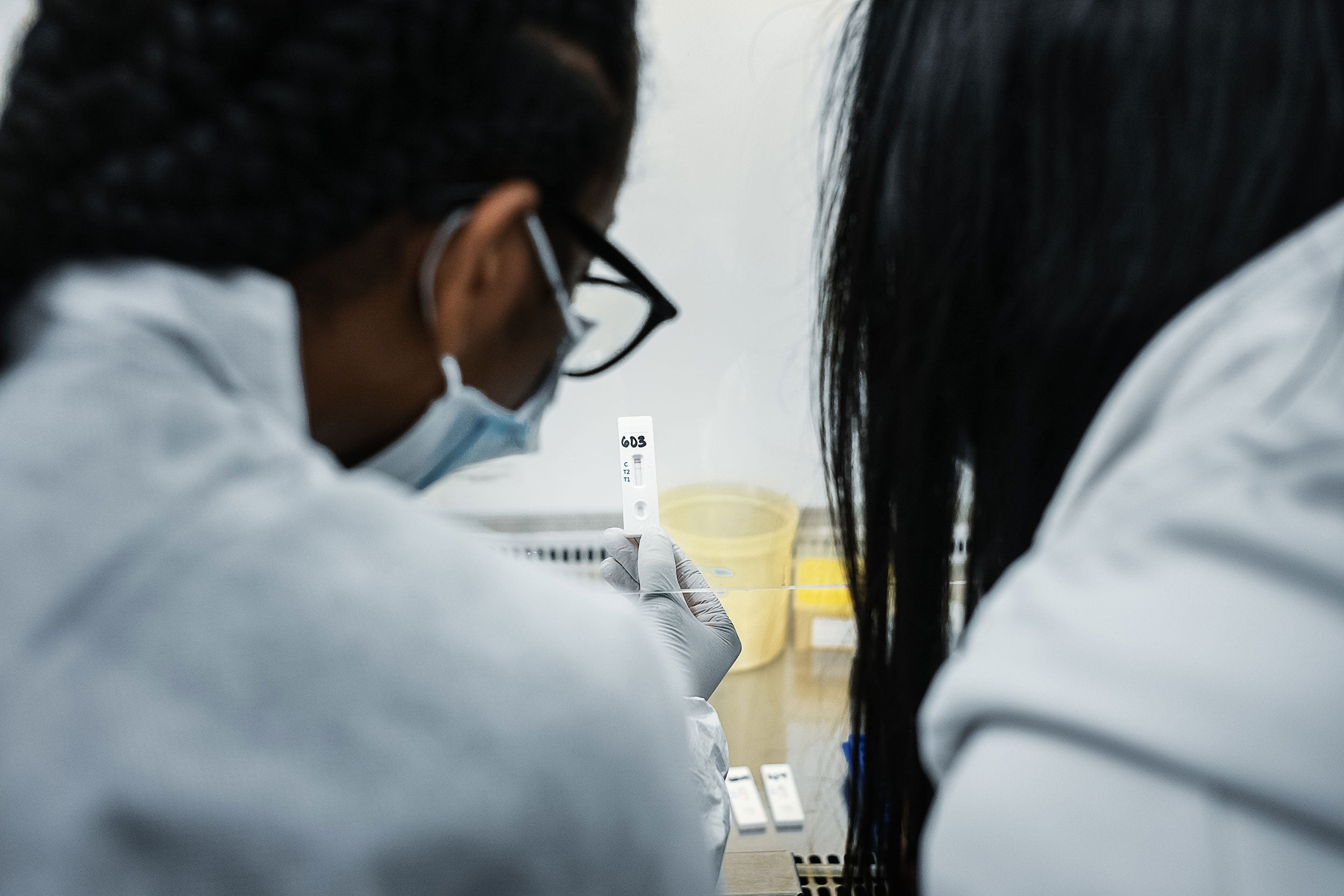Coronavirus antibodies may not last, can fade in as little as 2 months
INDIANAPOLIS (WISH) — Immune-protecting proteins developed in response to a COVID-19 infection designed to prevent against reinfection may be short lived.
New research suggests the proteins, known as antibodies, can disappear completely in a matter of months in certain people post-COVID-19 recovery, particularly in those who never showed signs of infection in the first place.
The study, published in Nature Medicine, compared 37 asymptomatic coronavirus patients to 37 symptomatic patients.
Through blood serum samples, researchers assessed whether the groups developed one or both types of antibodies: IgG and IgM.
Between three and four weeks after exposure, 81.1% of asymptomatic patients and 83.8% of symptomatic patients tested positive for IgG antibodies while 62.2% of asymptomatic patients and 78.4% of symptomatic patients tested positive for IgM antibodies.
The difference marked a significantly higher number of antibodies developed by the group who showed symptoms of the virus early on post-recovery, authors say in the report.
Eight weeks after hospital discharge, antibody levels were measured in all 74 patients for a second time.
Both symptomatic and asymptomatic groups showed a sharp decline in the concentration of both types of antibodies circulating in their system. Not only that, but 40% of asymptomatic patients tested negative for the IgM antibody entirely compared to just 12.9% of those who tested negative for IgM but developed COVID-19 symptoms.
Authors attribute the disappearing antibodies in the asymptomatic group to a weaker immune reaction to the coronavirus. However, this research is very new so it’s difficult to say exactly why the response occurred.
“It’s hard to explain why the asymptomatic people have antibodies that are not as long-lasting,” Richard J. Kuhn, PhD and professor of science in the department of biological sciences at Purdue University, told News 8. “Perhaps their immune system is different in its response, hence they are asymptomatic because of a less robust response.”
It’s also possible the severity of infection influences outcomes and different routes of infections may alter the body’s immune response, Kuhn added.
There are still so many unknowns surrounding the virus. From COVID-toes to pediatric multiple-system inflammatory syndrome–disappearing antibodies is just another coronavirus complication that continues to baffle infectious disease experts around the world–including our nation’s best.
“I’ve been dealing with viral outbreaks for the last 40 years,” White House Coronavirus Task Force physician, Dr. Anthony Fauci, told a House Committee on Energy and Commerce hearing on Wednesday. “I’ve never seen a single virus — that is, one pathogen — have a range where 20% to 40% of the people have no symptoms.”



